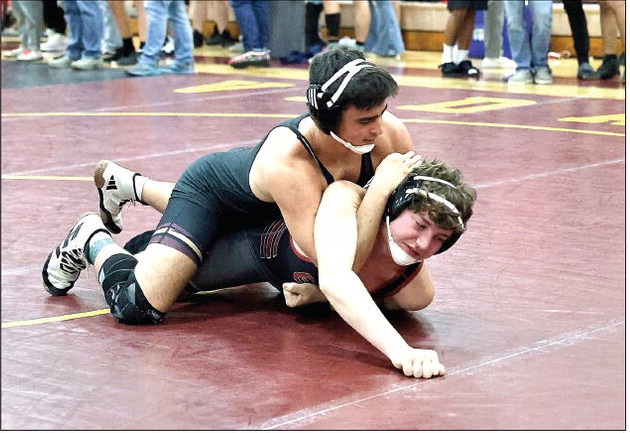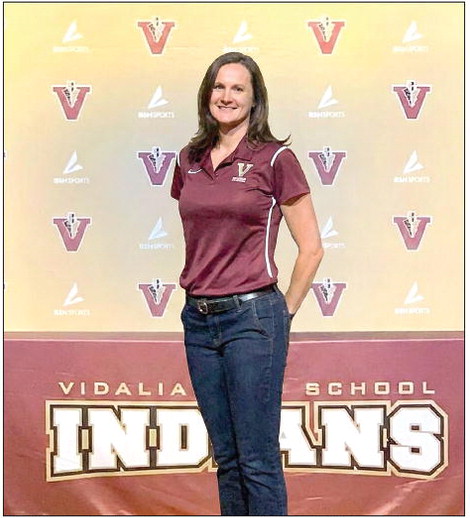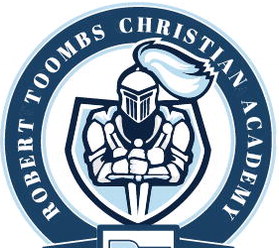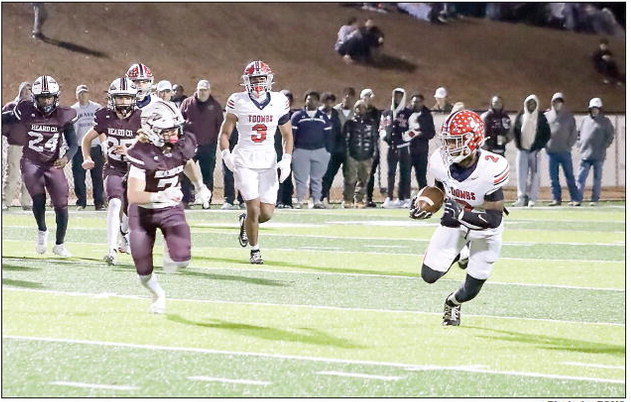Loran - Smith Chick & Ted
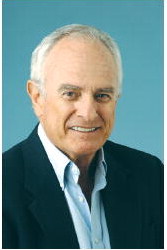

Loran
In the summer of 1936, there was a teenage rookie outfielder for the San Diego Padres who was fidgety, restless and blatantly anxious to experience more playing time in the team’s outfield. He was “champing at the bit” to play every day. Ted Williams was 18 years old and not the least bit happy to ride the bench, gain experience via pinch- hitting, and await his turn to crack the lineup. He was confident, brash, and impatiently driven to play regularly.
In addition to his youth and inexperience, Ted’s bench residency was the result of the red-hot season a Georgia boy was having with the Padres.
Ivy Merwin “Chick” Shiver had become a productive minor league outfielder. He had that traditional “cup of coffee,” with the 1931 Detroit Tigers (two games) and three years later he played 19 games for the Cincinnati Reds. The knock on this talented star was that he had difficulty hitting the curve ball, a common malady for many Big-League hopefuls.
Shiver’s most productive years were in the minors, and he was experiencing a banner year with the Padres the summer of ’36, some 88 years ago. Shiver was the main reason that Teddy Ballgame could not take over left field in San Diego. The former Georgia football All-American was capitalizing on his experience, and all his heralded young backup could do was fume about the circumstance.
Suddenly, tantamount to a lightning strike, Shiver announced that he was retiring from baseball and would be going back home to Georgia for a coaching opportunity. Shiver was headed to Savannah to coach and teach. If you weren’t a superstar, you were not going to build a nest egg of substance even with years of baseball excellence. In football it was worse: low pay where the “you gotta play hurt” dictum (you don’t play, you don’t get a paycheck) led to debilitating injuries which brought about legions of beatup bodies.
Shiver saw more security in coaching at Armstrong Junior College and later Savannah High than by living well for a few months of the year but with short term consequences which baseball offered.
The wise decision for Shiver allowed Ted Williams to get his first break on the way to a Hall of Fame career. The turn of events was propitious for both men.
It became an abiding regret that on two occasions when I spent several hours with Williams that I did not ask him about his relationship with Chick Shiver, who enjoyed notable success as a coach winning the junior college basketball championship in 1938 along with two tennis championships at Armstrong. At Savannah High he won the state football title in 1942 and state basketball championship in 1946 and 1947. He is one of a few coaches continued from page
to coach the high school all-star teams in football and basketball in different years.
In 1952, he was voted honorary life membership in the Georgia Athletic Coaches Association in recognition of his contributions to the association and to the coaching profession.
Shiver was a native of Sylvester, Georgia, also the home of Sterling Dupree, who had one of the most “sterling” reputations as a football halfback and sprinter on the track team at Auburn and became Vince Dooley’s first recruiter in 1964.
At Georgia, Shiver was a member of the greatest era of Harry Mehre, in 1927-29. The Bulldogs won the national championship in football in 1927. Shiver was an outstanding end and a heralded punter on that team. He was also captain.
When Georgia upset Yale 15-0 in the Sanford Stadium dedicatory game in October of 1929, Shivar was an assistant coach. One of the big stars of that game was Spurgeon Chandler, who later pitched for the New York Yankees, the American League’s Most Valuable Player in 1943 with 20 wins and only 4 losses. His 1.64 earned run average is still a Yankee record. Shiver was an assistant coach on that infamous day in Athens.
Shiver played football, basketball and baseball for the Bulldogs and was voted captain of the football and baseball teams at Georgia a very rare distinction.
In December 1966, Shiver was inducted into the Georgia Sports Hall of Fame, never looking back on giving up professional baseball, which allowed the great Ted Williams an opportunity to play regularly.



